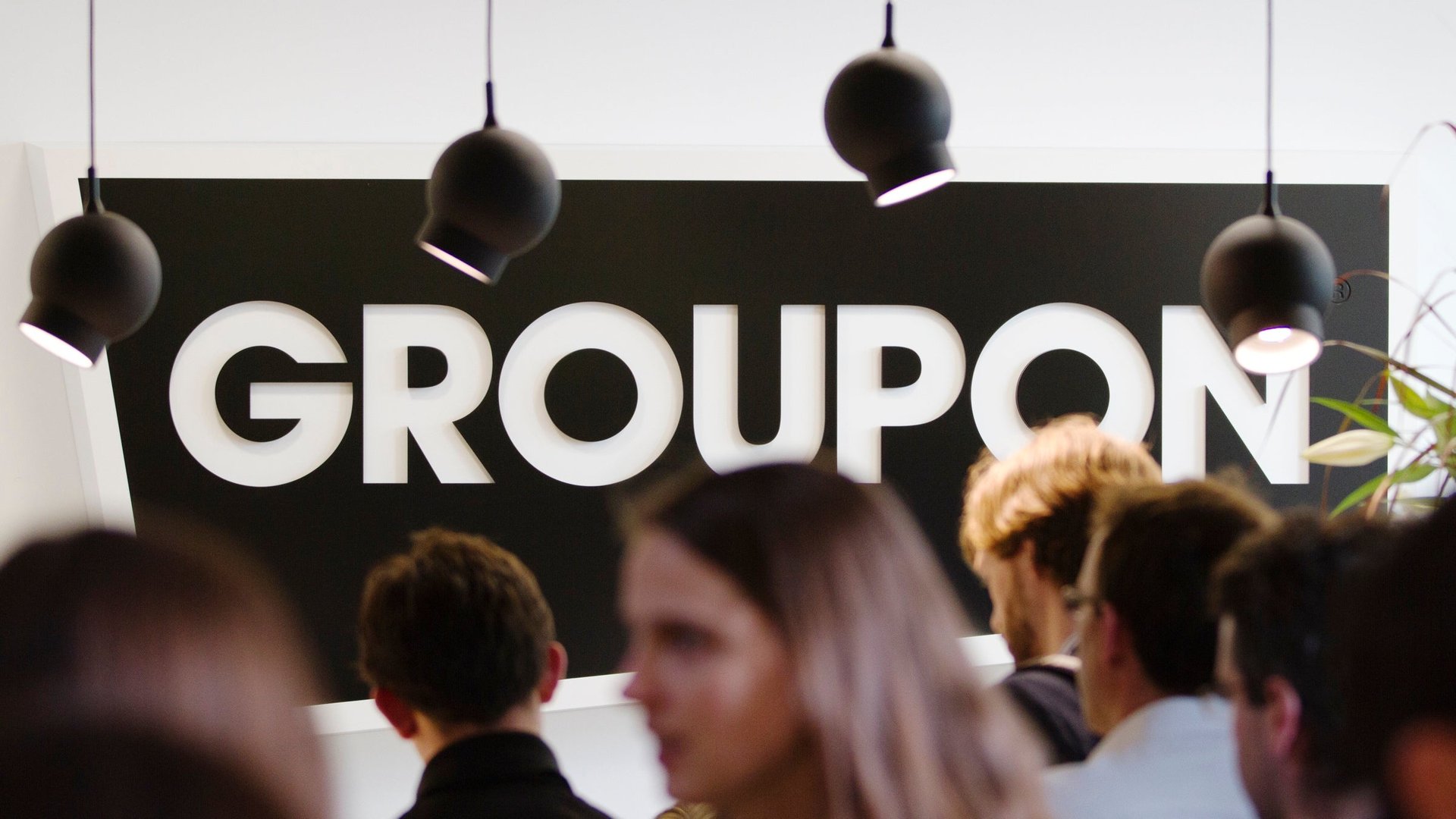Groupon is doing what Facebook can’t: Profiting from mobile
Groupon’s quarterly results are out, and they’re surprisingly good—$601.4 million in revenue compared to expectations of $588.9 million, and net operating income up $34 million compared to last quarter. In its release, Groupon highlighted what seems to be the company’s new strength: mobile. “We had record mobile performance as 45% of our North American transactions came from mobile in March, and more than 7 million people downloaded our apps in the quarter,” said CEO Eric Lefkofsky in a prepared statement.


Groupon’s quarterly results are out, and they’re surprisingly good—$601.4 million in revenue compared to expectations of $588.9 million, and net operating income up $34 million compared to last quarter. In its release, Groupon highlighted what seems to be the company’s new strength: mobile. “We had record mobile performance as 45% of our North American transactions came from mobile in March, and more than 7 million people downloaded our apps in the quarter,” said CEO Eric Lefkofsky in a prepared statement.
For those of you who remember Facebook’s most recent quarter, which contained a number of surprising declines in key metrics, the obvious question should be: Why are Groupon’s profits increasing as consumers shift to mobile, while Facebook’s profits are doing the exact opposite?
One answer is that mobile advertising remains a tough nut to crack. The evidence from Facebook’s quarterly results is that every time a user accesses the site from their phone, as opposed to their PC, Facebook makes fewer ad dollars than if that shift hadn’t taken place. This is in line with trends in the entire mobile advertising industry, where ads simply don’t make as much money as they do on the desktop.
Groupon, apparently, is a different story. And here, too, the company’s results are in line with the larger retail industry. Sites and apps that offer a shopping experience tailored to that most personal of devices—the smartphone or tablet—are doing well. And Groupon appears to be in an especially sweet spot in retail: Increasingly, people are using their mobile devices to comparison shop while in a store. In other words, the mobile phone has become the place that people look for deals.
Will this always be the case? Certainly not: While Facebook goes for growth before profit, putting itself in a good position in the long term, Groupon is hardly a monopoly of the same order. Groupon is large for a deals site, which is important for local deals—it needs all those sales representatives to keep small businesses participating—but it’s quite vulnerable to disruption by other deals sites. And not everyone competing with Groupon is tiny, either—though launched in 2011, Amazon Local, like all Amazon projects, appears to be a steadily growing business that the company will put resources behind almost indefinitely.